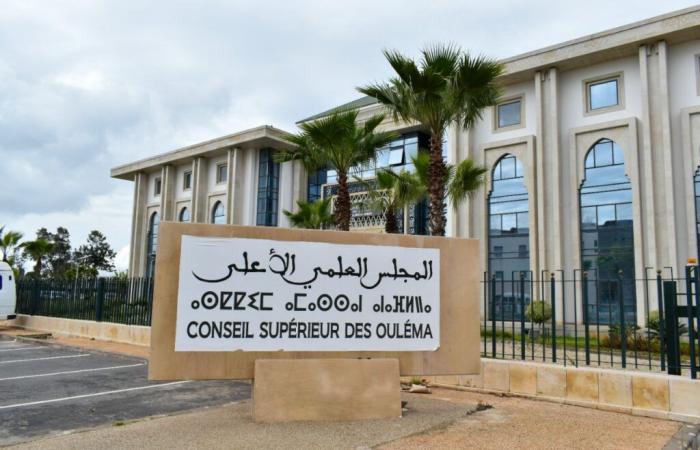The Supreme Scientific Council approved a set of amendments proposed by the body charged with reviewing the Family Code, during a working session chaired by King Mohammed VI at the Royal Palace in Casablanca today, Monday, December 23, 2024, which was devoted to reviewing the subject of the Family Code.
Among the points approved by the Council are stopping the marital home from being part of the estate, and maintaining the divorced woman’s custody of her children even if she marries again.
The amendments also included the possibility of contracting a marriage for Moroccans residing abroad without the presence of two Muslim witnesses if this is not possible. The custodial mother was also granted the right to “legally” represent her children, as well as recognizing the wife’s contribution to developing the funds acquired during the marriage, including her domestic work. .
The Council also affirmed the obligation of maintenance on the wife as soon as the contract was concluded with her, in addition to making the debts of the spouses arising from the unity of the obligation owed to each other, debts paid over others by virtue of the joint partnership between them.
On the other hand, the Supreme Scientific Council rejected some proposals, as it expressed its refusal to use genetic experience for lineage rights, and also refused to abolish the rule of third-lineage in inheritance.
At the same time, the Council rejected inheritance between Muslims and non-Muslims, meaning that inheritance would remain limited to Muslims only.
In this context, Ahmed Al-Tawfiq, Minister of Endowments and Islamic Affairs, explained that the opinion of the Supreme Scientific Council on the seventeen issues referred to it by the King regarding the Family Code was in agreement with most of them, indicating that “the means through which some Other points with the provisions of Islamic Sharia.”
On the other hand, Al-Tawfiq stated that “three of them relate to definitive texts that do not permit ijtihad, which are related to the use of genetic experience for the right of lineage, the abolition of the rule of agnatic descent, and inheritance between a Muslim and a non-Muslim.”
The minister added, “The scholars authorized His Majesty the King to consider the opinions they expressed from the perspective of ‘interest’, which is the highest goal of the religion, and which the ruler is considered the best person to appreciate, due to their confidence in the insight that distinguishes the great Imamate, and the keenness of the Commander of the Faithful to succeed in the reform process.” Which he leads, with all wisdom and foresight, between preserving religious and national constants, and striving to achieve more dignity, pride and fairness for his loyal subjects, taking into account of the developments witnessed by Moroccan society.”
In this context, Al-Tawfiq drew attention to the members of the Supreme Scientific Council’s pride in His Majesty the King’s kindness in referring some of the proposals of the body charged with reviewing the family code related to the legal aspect to the Council in order to express an opinion on them, in His Majesty’s keenness to involve scholars in making decisions related to preserving the principles of religion and the status of religion. Principality of the Believers.






